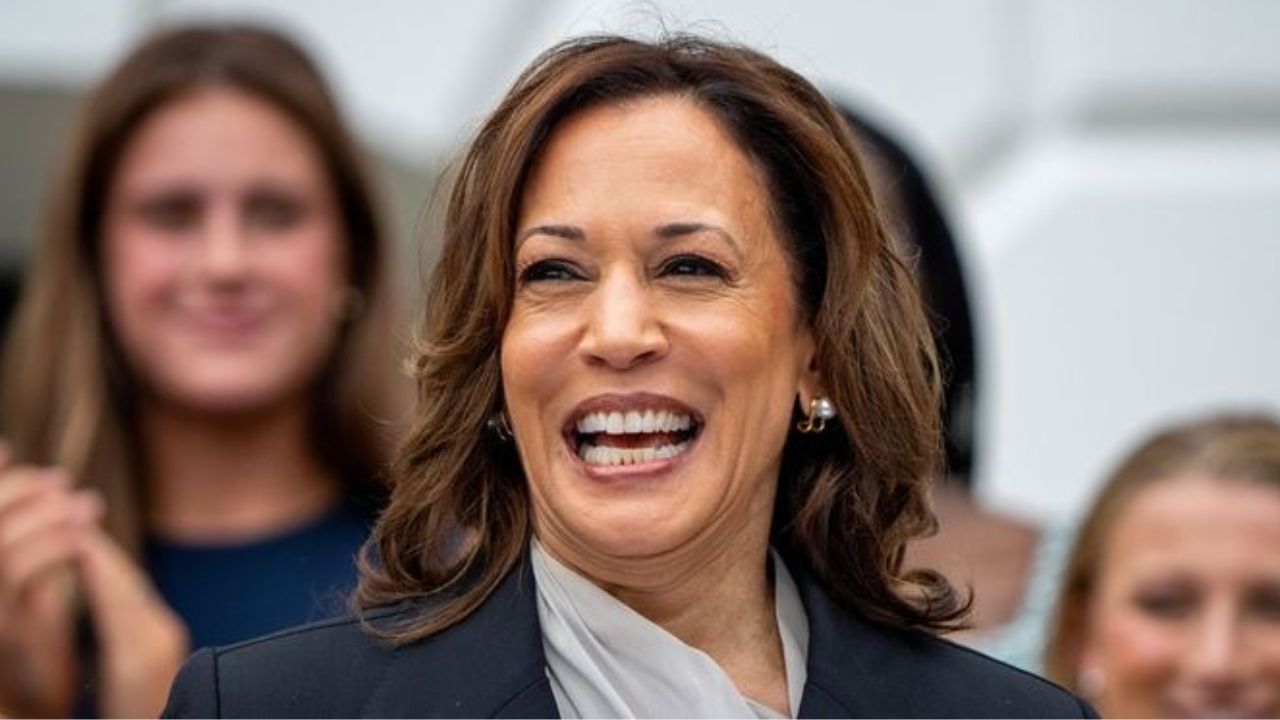Chris Larsen, the co-founder of blockchain payment company Ripple, has endorsed Vice President Kamala Harris for the upcoming United States presidential election, joining an influential group of business leaders voicing their support for her candidacy.
BREAKING: @Ripple CO-FOUNDER AND EXECUTIVE CHAIRMAN @chrislarsensf ENDORSES @KamalaHarris FOR PRESIDENT pic.twitter.com/No4yJ6yFSF
— DEGEN NEWS (@DegenerateNews) September 6, 2024
Larsen’s involvement reflects a broader trend among prominent corporate figures. Many back Harris because they believe she will bring business stability, innovation, and balanced regulations to the country. Other notable signatories on the endorsement letter include James Murdoch, former CEO of 21st Century Fox, and Aaron Levie of Box, demonstrating widespread industry backing for Harris.
Larsen Supports Kamala Harris
Larsen’s endorsement stands out not only because of his leadership role at Ripple but also due to his vocal advocacy for clear and responsible regulation of blockchain technology. Over the years, Larsen has stressed the importance of regulatory frameworks that foster innovation without stifling growth in the crypto sector.
Ripple, on its part, has been pushing for regulatory clarity for years. For about four years, the blockchain payment company was tangled in a legal case against the U.S. Securities and Exchange Commission (SEC) over allegations of unregistered securities sales. The curtain fell on the lawsuit last month as Ripple agreed to a $125 million settlement with the financial watchdog.
Focus on Small Businesses and Tech Innovation
As the Democratic nominee, Kamala Harris has consistently emphasized her commitment to supporting small businesses and encouraging private-sector investment. Beyond these economic pillars, she has also underscored the importance of fostering innovation in emerging technologies like blockchain and artificial intelligence. A recent report revealed that she will likely adopt Coinbase for crypto donations.
Harris’ proposals include measures to modernize infrastructure for digital finance, positioning the U.S. as a leader in global technology. These policies have resonated with the business community, which seeks a balanced approach amid rising economic uncertainty.
In contrast, presidential candidate Donald Trump, representing the Republican Party, has prioritized tax cuts and deregulation in his campaign, gaining support from some business community sectors. He has also echoed support for the crypto industry. While his push for deregulation appeals to some, it raises concerns among those advocating for structured oversight in tech and finance.
